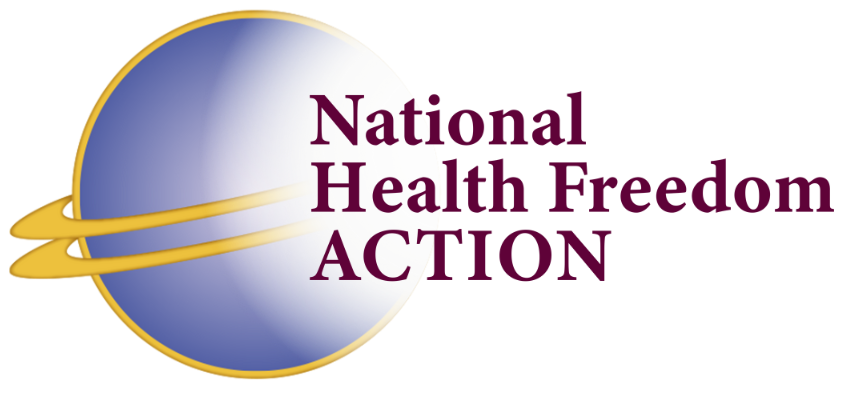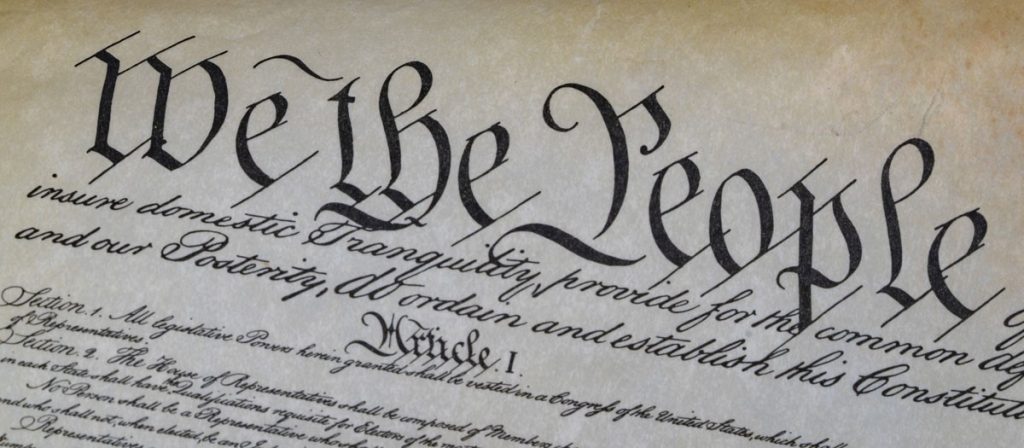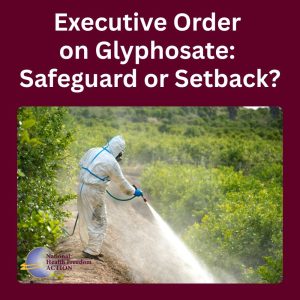
Citizen Voices Reflect Constitutional Controversy
Over COVID Masking Mandates and Other Countermeasures
The role of government in our lives has arrived at a new challenge in 2020. What is the role of government during health emergencies? Do state governments have the right to mandate countermeasures requiring you to stay in your home; avoid hugging your friends; or wear a mask that covers your nose and mouth? Or should we be trusted with voluntary countermeasures only?
The question of the role of government in our lives was the question that impassioned the founders of our country to architect a government that would protect every person’s right to life, liberty, and the pursuit of happiness. Since 1776 we have steadily used the relationship between the three branches of our government (legislative, executive, and judicial) to help us evolve to a greater understanding of the true meaning of personal freedom and how to protect it.
Each time we have tackled a major constitutional issue on personal freedom our Supreme Court has taken it up and wrestled with the meaning of our Constitution. It has had to clarify and hold the line on the protection of personal freedoms. Whether it be religious freedom, protection against racism and sexism, protection of medical freedom and the right to be let alone, and more, the Court – and we as a people – have arrived at important legal parameters and thresholds required to protect personal freedoms.
Americans are now once again voicing their strong opinions about protection of personal freedoms. At the core is resistance to, or acceptance of, emergency-based executive orders and mandates that restrict personal choice. Generally, the government cannot restrict fundamental freedoms, such as freedom of association, freedom of religion, freedom to obtain proper medical care, freedom to make a living, and freedom to make our own medical decisions. If the government for some reason thinks it needs to infringe on any of those fundamental freedoms, the courts will hold it to a very high standard of strict scrutiny to justify any infringement and it would have to be in the least restrictive means of infringement possible.
So why would/could/should any of that be different now?
Generally, legislatures make laws; not the executive nor the judicial branch of government. But in 2002, after 9/11, many state legislatures passed new laws that gave their Governors – the executive branch – the power to combat potential future bioterrorism by declaring health emergencies. The new laws empowered Governors with the right to make orders and do what was “necessary” to cope with a health emergency. These laws have never been used or challenged constitutionally until now.
To “do whatever is necessary” was and is a broad statement. Under this broad authority, sweeping executive branch emergency orders are being issued and are affecting the daily lives of citizens and are impacting our communities. In response to the breadth of the orders, states and citizens are considering the constitutionality of the health emergency power laws.
Some Americans are saying that these powers are unconstitutional
and taking legal action – and some are winning.
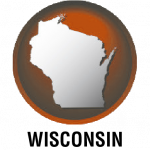 May 2020, the Wisconsin state legislature challenged the executive branch order from the WI Dept. of Health Services, that ordered all people within Wisconsin to remain in their homes, not to travel, and to close all businesses that were not “essential”. The legislature prevailed. The Wisconsin Supreme Court overturned the executive Order, order no. 28, stating:
May 2020, the Wisconsin state legislature challenged the executive branch order from the WI Dept. of Health Services, that ordered all people within Wisconsin to remain in their homes, not to travel, and to close all businesses that were not “essential”. The legislature prevailed. The Wisconsin Supreme Court overturned the executive Order, order no. 28, stating:
As the United States Department of Justice has recently written in a COVID-19-related case raising constitutional issues, “There is no pandemic exception . . . to the fundamental liberties the Constitution safeguards. Indeed, ‘individual rights secured by the Constitution do not disappear during a public health crisis.’ These individual rights, including the protections in the Bill of Rights made applicable to the states through the Fourteenth Amendment, are always in force and restrain government action.” Statement of Interest, Temple Baptist Church v. City of Greenville, No. 4:20-cv-64-DMB-JMV (N.D. Miss., April 14, 2020), ECF No. 6 (quoting In re Abbott, 954 F.3d 772 (5th Cir. 2020)).
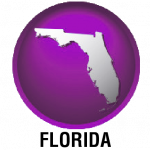 June 30, 2020, Florida citizens filed a legal challenge against Palm Beach County opposing its mask mandate. The case was heard on July 21, 2020, and parties are awaiting judicial review. The case cited Florida’s Constitution that: “Every natural person has the right to be let alone and free from government intrusion in to the person’s private life”. Art. I, § 23, Fla. Const.
June 30, 2020, Florida citizens filed a legal challenge against Palm Beach County opposing its mask mandate. The case was heard on July 21, 2020, and parties are awaiting judicial review. The case cited Florida’s Constitution that: “Every natural person has the right to be let alone and free from government intrusion in to the person’s private life”. Art. I, § 23, Fla. Const.
And cited case law stating that:
Florida’s Right of Privacy also includes the right to liberty. State v. J.P., 907 So. 2d 1101, 1115 (Fla. 2004) (holding that the Florida constitutional right to privacy includes the right to liberty and self-determination). An integral component of self-determination is the right to make choices pertaining to one’s health and to determine what shall be done with one’s own body. In re Guardianship of Browning, 568 So. 2d 4, 9-12 (Fla. 1990) (“Recognizing that one has the inherent right to make choices about medical treatment, we necessarily conclude that this right encompasses all medical choices.”).
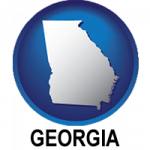 July 16, 2020, Governor Kemp of Georgia sued the Mayor of Atlanta, Mayor Bottoms, after Mayor Bottoms issued a mandatory face mask order for the city that was more restrictive than Governor Kemp’s order; the Kemp order encouraged, rather than mandated, the wearing of face masks. Hearings will be held in the future.
July 16, 2020, Governor Kemp of Georgia sued the Mayor of Atlanta, Mayor Bottoms, after Mayor Bottoms issued a mandatory face mask order for the city that was more restrictive than Governor Kemp’s order; the Kemp order encouraged, rather than mandated, the wearing of face masks. Hearings will be held in the future.
Emotions run deep when personal autonomy is challenged. Relationships are impacted, communities are impacted, and our country is impacted. We citizens are challenged now to look to the legal structure of our country that was designed to protect our inalienable rights. We need to do this because our fundamental right of health freedom is hanging in the balance.
In this historic time in our country National Health Freedom Coalition and National Health Freedom Action would ask that:
Emergency power laws that delegate broad powers to state Governors have proper checks and balances by state legislatures and court systems;
That the power of the executive branch of government to make binding laws that impact constitutional rights of citizens over a period of time, be limited and monitored by legislatures;
That within a short period of time after a declared emergency, the issuance of a Governor order be approved by a state legislature before implementation;
That the influence of executive branch agencies and their employees to make determinations and recommendations that restrict constitutionally-protected fundamental freedoms be monitored and limited; and
That all emergency Governor orders respect the right to make health care and medical decisions for ourselves at all times.
Despite the often-well-intended urge to look to expanding government power in the face of health threats, this desire must be balanced with the importance of curbs to government powers that could otherwise result in abuse and violation of human rights. Our biggest challenge going forward is to preserve fundamental freedoms, and especially our health freedom, in the face of increasing pressure to look to expanding government agencies, technological advances, and corporate wealth – instead of our constitution – to define our future.
– By Diane Miller JD, and Board Members of NHFC and NHFA
RECENT NEWS


EPA Deregulation of Clean Air and Water: does it go too far?
February 19, 2026
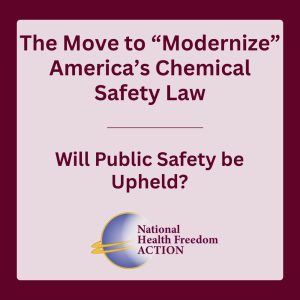
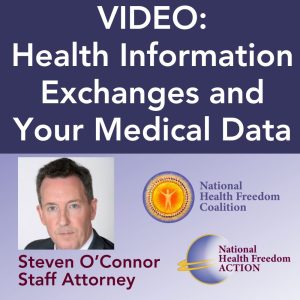
Video: Health Information Exchanges and Your Medical Data
February 5, 2026
